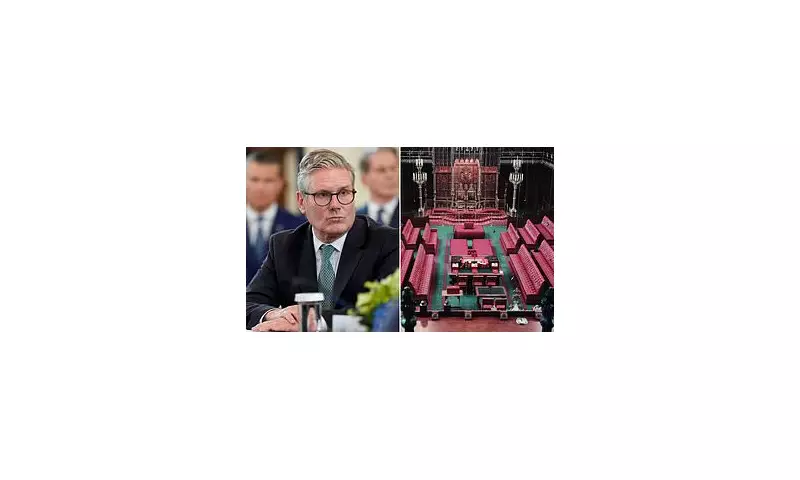
Westminster is reeling as a chronic attendance crisis in the House of Lords has forced multiple peers to resign, paving the way for Labour's radical plans to abolish the unelected chamber.
The shocking revelations emerged from official attendance records, which exposed dozens of peers for effectively treating their prestigious roles as a part-time hobby. Under existing rules, members of the upper chamber who fail to attend any proceedings for an entire session are expected to resign.
The Great Lords Walkout
The scale of absenteeism is staggering. Official figures reveal that a significant number of peers barely participate in the parliamentary process they were appointed to serve:
- Dozens of peers recorded zero attendance throughout the entire session
- Many more attended fewer than 10% of sitting days
- Several high-profile appointees have become so-called 'ghost peers'
Labour's Constitutional Revolution
This crisis comes at a critical moment as Sir Keir Starmer's Labour Party prepares its sweeping reforms for the upper house. The party's manifesto clearly states its intention to replace the Lords with a new elected chamber, fundamentally altering the British constitution.
The mass resignations due to non-attendance effectively accelerate this process, creating vacancies that Labour may never fill as they push forward with their abolition agenda.
A Chamber Under Scrutiny
The House of Lords has long faced criticism for its unelected nature and perceived lack of accountability. With over 800 members, it remains one of the largest parliamentary chambers in the world, second only to China's National People's Congress.
Recent attempts at reform have yielded little success, with many critics arguing the chamber has become a repository for political allies and donors rather than a revising chamber of experts.
As Labour prepares to take power, the fate of Britain's centuries-old second chamber appears increasingly uncertain. The attendance crisis may well be the final chapter in the history of the Lords as we know it.





